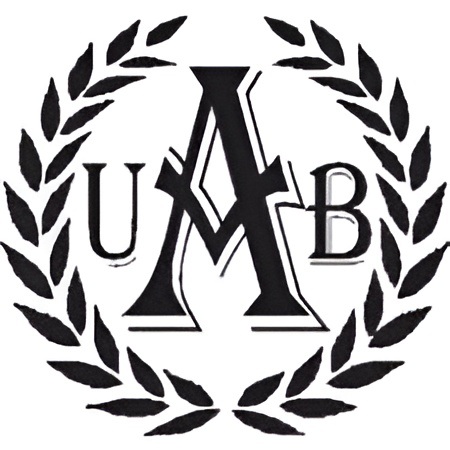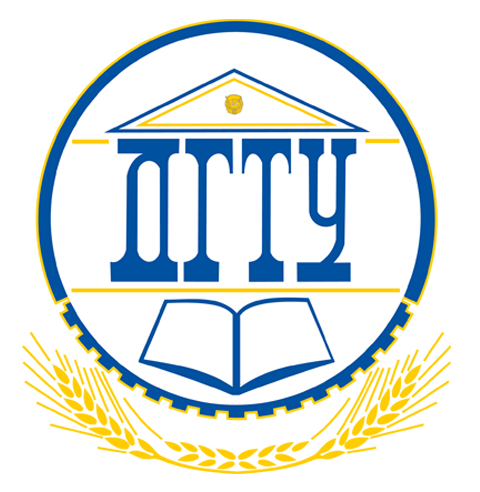A Critical Reflection on Ideas of African Ecology, Religious and Cultural Ideologies in Ben Okri’s Novel, Every Leaf a Hallelujah
DOI:
https://doi.org/10.51867/Asarev.2.1.5Keywords:
Ecological Crisis, Eco-Criticism, Eco-Centralism, Ideological ConflictAbstract
This paper discusses the intricate portrayal of African ecology, religious and cultural ideologies in Ben Okri’s novel, Every Leaf a Hallelujah (2021), as a major contribution to the ongoing conversation on ecology, religion and culture. Drawing on Morton’s (2007) Eco Criticism Theory, the paper offers a comprehensive exploration of how Okri’s novel serves as a literary conduit for narrating the relationship between African ecology, religious and cultural framework. The study adopted a qualitative research approach where a purposively sampled novel, Every Leaf a Hallelujah was critically analysed. By closely analysing the narrative, the paper makes two major contributions. First, it argues that ecology and ecological crisis is a major preoccupation of the contemporary African novel, hence focusing primarily on the eco-criticism of the genre in line with the issues relevant to African studies. Secondly, it centers religion as a resource for cultural ideological conflicts, which have had an impact on cultural identity. This, in turn, addresses the problematic religious and cultural ideological differences and acknowledges the most contemporary ecological and cultural sensibilities in order to pave way for a way forward. Significantly, the findings contribute to a deeper comprehension of the nuanced interplay between Literature, ecology, religion and culture in African contexts.
References
Byron, M. (2011). Post modern wetlands: Culture, history, ecology. Edinburgh University Press.
Dwivedi, O.P. (1996). Satyagnaha for conservation: Awakening the Spirit of Hinduism or Native and Environment. New York: Rouledge Press.
Gbende, J.S (2010), Religion and ecology: A comparative study. Benue: Obeta Printing and Publishing.
Gillian. R. (2007). Eco critical readings of the late medieval literature. Manchester: Manchester University Press.
Lawrence, B (2005), The Future of environmental criticism: Environmental crisis and literary imagination. Oxford: Blackwell Print.
Manu, C (1992). "The people's culture in the context of environment and development" Journal of Sustainable Development in African. Vol 2, No. 3.
Mbiti, J. (1975). Introduction to African religion. London Heinemann.
Morton, C. (2007). Ecocriticism in modern ethical consumption. Literature Compass Journal. 6(3) 632-646
Ogunfuli, S. (2012). Awakening the Senses: A Review of Ben Okri's. The Famished Road. African Writers review journal. 3(2) 51-62.
Okri, B. (1987). We Live by the Stories. Ibadan: Spectrum.
Okri, B. (2021). Every Leaf a Hallelujah. Ibadan: Spectrum Books. Okri, B. (1991) The Famished Road. Ibadan: Spectrum Books.
Rio, C. (1992). Ben Okri: Writer as an Artist: Approaches to African Novel Analysis. Port Harcourt: Saros International Publishers.
Tucker, M.E & J.A Grin (2001). "Religion and Ecology: Can the Climate Change?" in Daedalus, Vol. 130, No.4
William, R. (1996), Literature and Ecology: An Experiment in Eco criticism. Landmarks in Literary Ecology. Georgia: Georgia University Press.
Wu, C. (2012). From Cultural Hybridization to the Ecological Degradation. Journal of the African Literature Association. 6(2)93-113. https://doi.org/10.1080/21674736.2012.11690182 DOI: https://doi.org/10.1080/21674736.2012.11690182
Young, W. (1980). A Christian Approach to Philosophy. Michigan: Baker Book House.
Downloads
Published
Issue
Section
License
Copyright (c) 2025 Lydia Vidembu Madete, Tobias Omondi (Author)

This work is licensed under a Creative Commons Attribution-NonCommercial 4.0 International License.



















